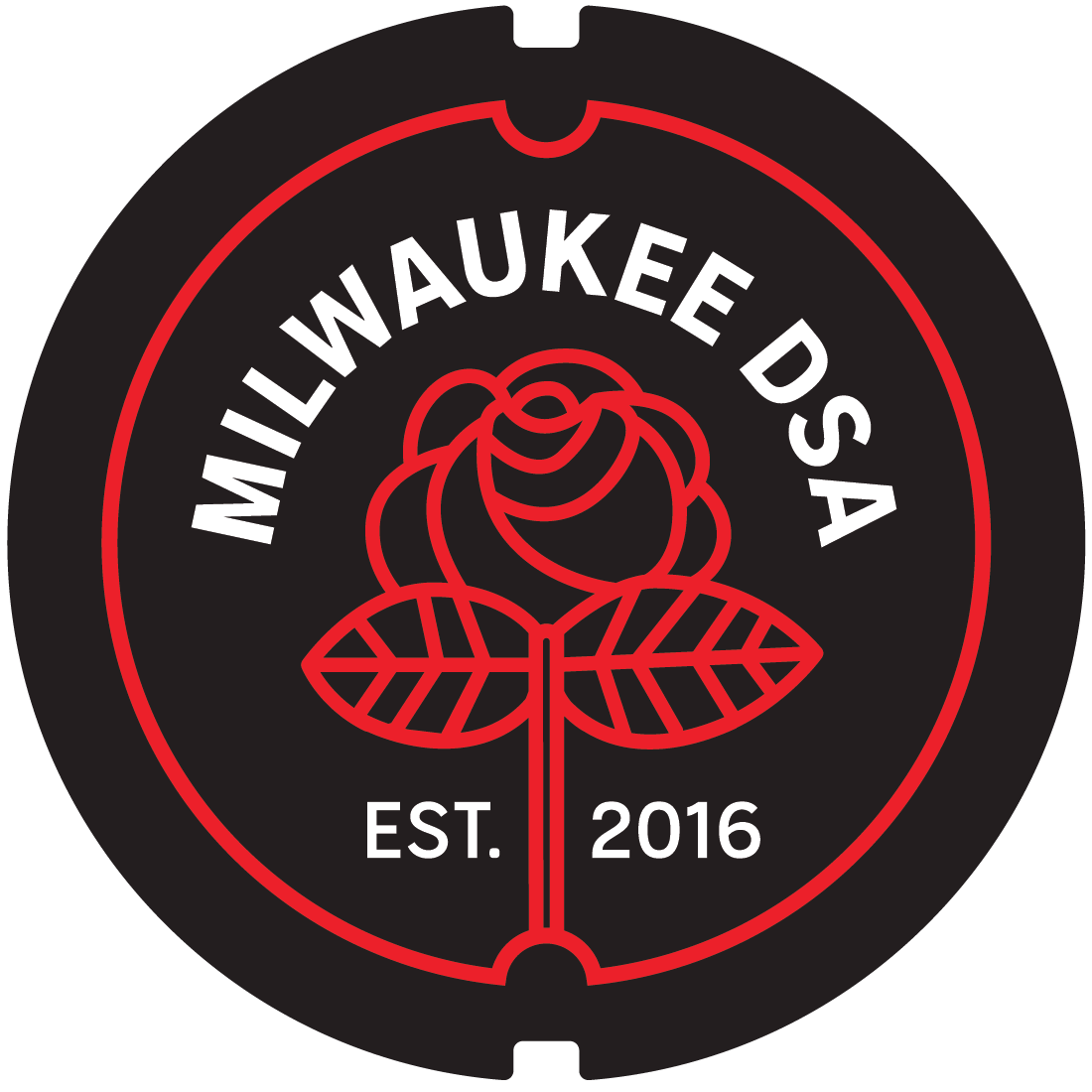By Tom Hansberger
Midnight Mass – 5 stars
Midnight Mass scared me more than almost any other horror film or series I have seen. If horror should be judged on how scary it is, then Midnight Mass is a horror masterpiece. But that standard is not objective, of course, and the reasons Mike Flanagan’s latest Netflix horror series terrified me are also deeply personal. Having been raised among reactionary, anti-vax, Trump-loving evangelicals, I know how plausible the extraordinary behavior of the religious community depicted really is. If you have not seen how xenophobia and self-righteousness can drive a congregation to madness firsthand, maybe Midnight Mass will be less frightening to you. (Count yourself lucky if so!)
Midnight Mass is the latest Netflix series from horror director Mike Flanagan, known for Oculus, The Haunting of Hill House, Gerald’s Game, Hush, and more. The series is set on Crockett Island, a small fishing community off the coast of Washington state. Before the events of the film, Crockett suffered due to an oil spill that hurt their fishing business and the island’s population has declined as a result. Economic hardship and the predominantly Catholic faith of the inhabitants of Crockett form the backdrop for the story. When Riley Flynn – who grew up on the island but left for Chicago to seek his fortune – returns after serving time in prison for killing a young woman while driving drunk, we see the island from the perspective of the island’s prodigal son. Just as Riley’s guilt has led him to lose his faith and question the traditions in which he was raised, we are invited to view the town – and the new priest – with a suspicion that turns out to be confirmed in a horrific fashion.
Like in the Stephen King stories that clearly influenced the series, there is a monster in Midnight Mass besides – or in addition to – the humans. But the monster is not even close to the most frightening character in the show. The real terror comes from the potential for religious texts and traditions to be used to justify almost anything in the wrong hands. The abuse of religion poses us with the problem of assessing the right function of faith in the community of Crockett Island. Flanagan’s characters have long conversations about death, the afterlife, miracles, and faith. Flanagan uses various characters to represent different perspectives, ranging from fanatical Catholicism, a conflicted but charismatic Priest, an atheist, and a Muslim, just to name some important examples.
By the end of Midnight Mass, the characters seem to confront the death of God in Nietzsche’s sense. We see the good that religion can do in the show and we sympathize for characters who were genuinely seeking to do good but put their trust in the wrong leaders. Poor leadership causes a profound sickness in the religious community of Crockett Island. Midnight Mass is at its best when it explores just how easily the texts and rituals of Christianity can be twisted, using the film language of horror to present us with a disturbing thought experiment. If there’s anything we can be sure of at the end of the story, it is that God is not to be found in the church on Crockett Island. In this sense, God is dead because the faith which previously served to unite the community of Crockett is subverted.
But the ending of the series also suggests the possibility for a rediscovery and a refoundation of faith. The tragedy of contemporary religion is not that God does not exist – something which is unprovable – but that we cannot trust each other in the religious communities which bound us together in the past. Like the residents of Crockett Island, we feel that the world is slipping away – economic and environmental catastrophes have destabilized our community just as the oil spill which precedes Midnight Mass contributes to the dreary, dying town as it exists at the start of the story.
The desperation of late capitalism, as expressed through the disruptive oil spill which has sent Crockett Island into an apparent death spiral, to increasing dependency and abuse of Marx’s famous “opiate of the masses.” The deterioration of material conditions is accompanied by an ever greater desire for hope and redemption, even in the most cynical of Crockett’s residents. When that desire is channeled and misdirected by selfish attachments, horrors and tragedy follow. If “God is dead” is an accurate diagnosis of the cultural dysfunction of contemporary religion, this is only another way of saying that religion is not a sufficient response to the oppression of late capitalism.
What is missing from religious faith alone – a faith in a supernatural savior to intervene in our world – is the proper kind of attention to our collective power in the here and now. Midnight Mass’s criticism of religion is not an empty, reactionary “village atheism,” but is a call on religious communities to recommit to radical politics in this life (as Martin Hägglund would put it). There is radical potential in the Christian tradition, from the cleansing of the temple to Jesus’s critiques of the Pharisees of his time. Midnight Mass holds out a dim hope that this potential in the dominant American religious faith can be rediscovered, but the change of perspective necessary for it comes too late for some of the characters we meet. The tragedy and horror of Midnight Mass resonates because it is impossible not to fear the direction that American Christianity is taking under right-wing influence. For us as socialists, Midnight Mass is a warning – and a call to reclaim the language of faith for a vision of the common good.
